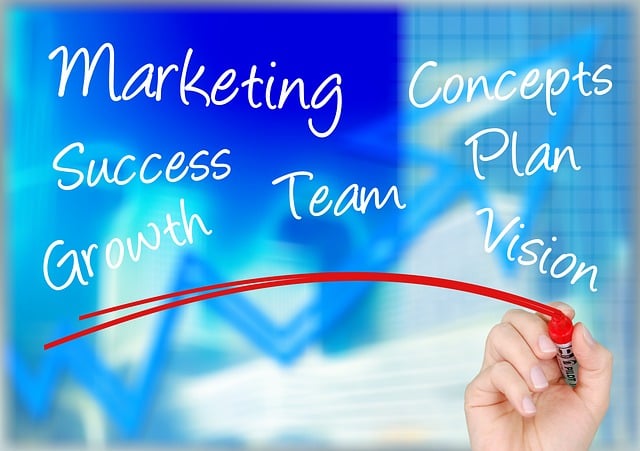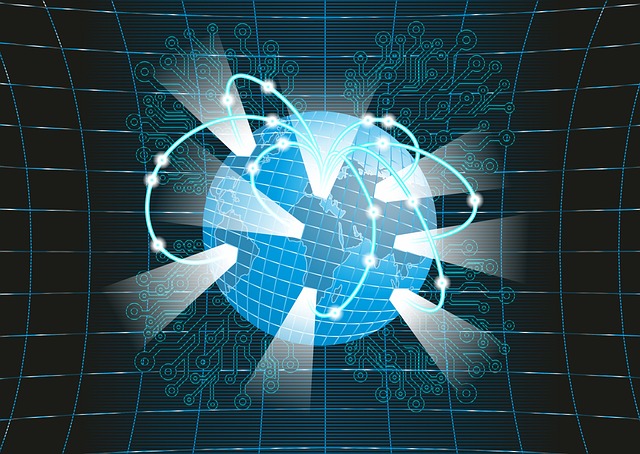AI kitchen automation is transforming the culinary landscape but requires robust governance to balance innovation with ethical concerns. Effective AI business governance involves setting clear policies, managing data privacy, and addressing bias to ensure AI tools enhance human skills and build public trust. By following best practices in AI governance, chefs can leverage AI kitchen automation while maintaining control over their creative processes and delivering high-quality dishes.
“Unleashing the potential of Artificial Intelligence (AI) in the culinary realm requires a robust governance framework, especially with the rise of AI kitchen automation. This article explores the critical aspect of AI business governance, focusing on its ethical deployment in restaurants and culinary innovations. We delve into how structured frameworks ensure safety and efficiency for chefs, enhancing their work with AI. By examining best practices, we navigate challenges and highlight opportunities, offering insights into the future of AI-assisted cooking.”
- Understanding AI Business Governance: Setting the Foundation for Ethical Deployment
- The Role of Frameworks in AI Kitchen Automation: Ensuring Safety and Efficiency for Chefs
- Implementing Best Practices: Navigating Challenges and Opportunities in AI Governance for Culinary Innovations
Understanding AI Business Governance: Setting the Foundation for Ethical Deployment

In today’s digital era, AI is transforming various industries, and AI kitchen automation for chefs stands as a compelling example. However, alongside this innovation comes the critical need for robust AI business governance frameworks to ensure ethical deployment. Understanding AI business governance involves setting clear guidelines, policies, and structures that govern how AI systems are designed, developed, deployed, and monitored within an organization.
This foundational step is paramount because AI technologies, such as kitchen automation tools, can introduce complex ethical considerations. For instance, these systems may impact job roles, raise privacy concerns regarding data collection and usage, or even perpetuate biases if not meticulously designed and trained. Therefore, a well-defined governance framework guides the responsible use of AI, fostering public trust and ensuring that technological advancements in areas like kitchen automation serve to enhance human capabilities rather than replace them.
The Role of Frameworks in AI Kitchen Automation: Ensuring Safety and Efficiency for Chefs

AI governance frameworks play a pivotal role in shaping the future of AI kitchen automation, offering much-needed structure and safety protocols for chefs embracing this revolutionary technology. These frameworks act as a compass, guiding developers and businesses to navigate the complex landscape of ethical AI implementation in culinary applications. By establishing clear guidelines, they ensure that AI systems within kitchens operate with precision and reliability, catering to the unique needs of professional chefs.
For instance, these frameworks can dictate data collection practices, emphasizing the importance of diverse and representative datasets for training algorithms used in AI kitchen automation. They may also include safety measures to prevent unintentional biases or errors, ensuring the well-being of both staff and customers. By adhering to such frameworks, AI developers can create efficient systems that enhance chef productivity while maintaining high standards of food quality and safety.
Implementing Best Practices: Navigating Challenges and Opportunities in AI Governance for Culinary Innovations

Implementing best practices in AI governance is essential for navigating the challenges and unlocking opportunities presented by AI kitchen automation for chefs. As culinary innovations integrate artificial intelligence, ethical considerations, data privacy, and transparency become paramount. Establishing clear guidelines ensures that AI systems are used responsibly, enhancing chef autonomy while mitigating potential risks associated with algorithmic biases or data misuse.
Chefs can embrace AI governance frameworks to streamline workflows, optimize menu planning, and personalize customer experiences. By adopting robust practices, culinary professionals can harness the power of AI kitchen automation while maintaining creative control and delivering exceptional dishes. This balance fosters a dynamic environment where technology complements human expertise, revolutionizing the culinary arts.
AI governance frameworks play a pivotal role in shaping the future of AI kitchen automation, ensuring both safety and efficiency for chefs. By understanding the ethical implications and implementing best practices, we can harness the potential of AI to revolutionize culinary innovations while navigating associated challenges. This holistic approach not only promotes responsible AI deployment but also paves the way for a more intelligent and sustainable food industry. As AI kitchen automation continues to evolve, effective governance will be key to reaping its numerous benefits.
